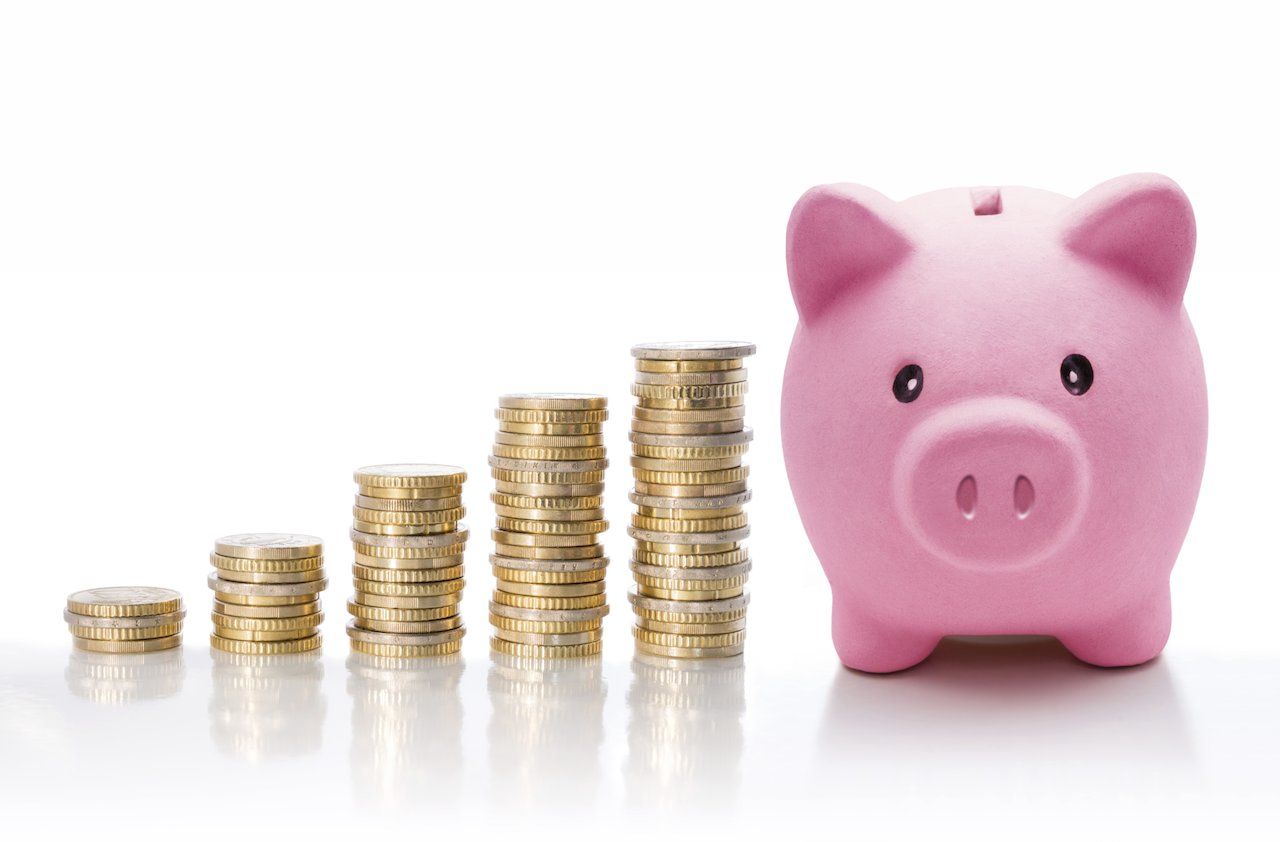
Saving money doesn’t necessarily have to mean not spending any money at all. There are a few tricks that let you live your best life, while still being able to put a few dollars aside for a rainy day.
Ultimately though, it’s more about spending responsibly and making sure that you’re earning more than you’re spending on a monthly basis. Check out our 5 tricks below to help you stay with the frugal mindset, and avoid the temptation to splash out on unnecessary things.
#1 – Stay Up To Date
Make sure to keep an eye out for publicised discounts and offers when they pass your way. Those pesky letterbox pamphlets, email newsletters and ads in the media are a great way to hear about discounts everywhere, whether that’s at stores, utility providers, petrol stations or restaurants.
For instance, Fuel Card Report lets you compare different fuel card offerings, depending on what suits you best. Having all fuel card options located in one place helps you find the cheapest, best, or most popular one. Simply visit their website, click on the card you’re interested in to learn about its perks, pros and cons, and eventually decide whether it’s worth getting it. There are plenty of similar examples for other products and services – simply search and subscribe for these opportunities to start saving cash on every day essentials.
#2 – Set Goals
When it comes to saving money, there are short-term and long-term goals, and both need a realistic approach. Long-term goals are often associated with a big milestone in your life, such as your wedding day or buying a house. Generally, it’s easier to partner up with somebody when you plan on spending a greater amount of money in the future.
To assist your saving, you can put money in an interest bearing savings account or term deposit, invest in shares or managed funds. To succeed, it’s essential that you prioritise your goals and make every effort to stick to the original plan.

#3 – Cut Down on Groceries
A lot of money can be saved if you make a list of exactly what you need before you go grocery shopping. You’d be surprised how much extra money the average person spends on spontaneous groceries, especially snacks or similar goodies.
So, before you head to the shops, jot down the items you need on a piece of paper, and stick to the list. For food shopping, every week can be different. You can plan out a theme week dedicated to Italian or Asian cuisine, and spice up your cooking life, all within a reasonable price range.
#4 – Are Brands Better?
Do you buy products because of their brand name or because of their quality? If so, then you may want to find some coupon codes as these are a great way to access discounts. Alternatively, the safest thing for your budget is to start buying generic. These products cost much less, and most of the time you don’t notice any difference. This goes for both food and non-food items.
Pasta, canned foods, oils and seasonings – these all have their brand-name counterparts with higher price tags to match. While tissues, cleaning products and other household items can be easily swapped out for generic products without any noticeable difference to quality either.
#5 – Wait ‘Til Later
It isn’t always necessary to buy new items or run straight to the shops when you’re out of something. See if you can make do without this item – you’d be surprised how quickly the urgency to buy things passes if you give it an hour or even a day.
If you need to go somewhere and you’d usually take an Uber, and you’re on a shoestring budget, consider asking a friend or a neighbour to help you out. To say thanks, why not invite them over for a drink or offer them a similar favour when they need it. This can help you both save money!
In summary, when you’re looking to save money, make sure you’re putting it to good use in the first place. You can have fun, just avoid splurging money on non-essential clothes, accessories or beauty for the time being. Remember, the key is to save money when you actually have it, don’t start thinking about saving when you’re broke!

No Comments